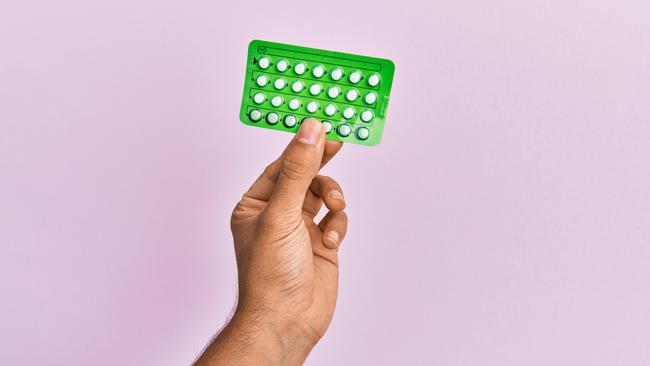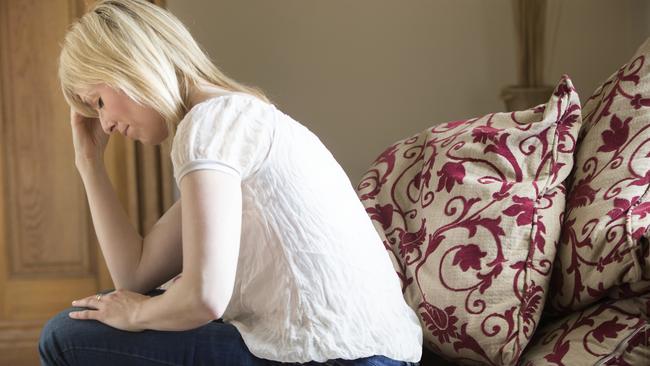The contraceptive pill made me ‘crazy’ – and I’m not alone | Emily Olle
When writer Emily Olle popped a pill prescribed by her doctor, she soon felt ‘crazy’. She asks, why are women still not getting the health help they deserve?
Opinion
Don't miss out on the headlines from Opinion. Followed categories will be added to My News.
On February 1, 1961, a new medication revolutionised women’s health in Australia and sparked a liberation – the oral contraceptive pill.
Fast forward more than 60 years and ‘the pill’ is now the most common contraceptive in the country, with up to 34 per cent of Australian women – almost 4.5m people – taking it daily.
With six decades of research behind it, one would assume its risks and side effects would be intimately understood and explained by medical professionals.
But, as is the case with almost every facet of the medical profession when it comes to women’s health, one would assume wrong.
Remarkably little is known about the pill’s side effects, both physical and neurological.
I was prescribed the hormonal pill when I was just 16 years old (not because I was a young sexual deviant but, more fitting with my teenage social standing, to combat a particularly nasty bout of acne).
Like many women, I continued to take the pill religiously and unquestioningly for the subsequent decade.

At that first doctor’s appointment, I had been walked through the potential side effects of the medication: “Likely just a bit of bloating and weight gain.”
It was shy of my 26th birthday when my prescription ran out and, out of a dislike for GP appointments in general and a busy schedule, I stopped taking it by virtue of laziness.
It was a short time after my 26th birthday that I realised a constant haze of anxiety, stress and dark thoughts had lifted.
Before we continue, let’s make clear: women’s hormones can affect mood. This is a scientific fact and a cause for empathy, not ridicule. Let’s also make clear that men’s hormones can affect mood.
But growing research suggests that the pill’s side effects can be more than just “mood swings” – it can alter brain structure and function.
In 2020, researchers from the University of Ottawa suggested use of the contraceptive pill in adolescence could impact important neural pathways in the brain, including those to do with emotional regulation and memory.

It also found pill-users had reduced response to the stress hormone cortisol – which can be a sign of chronic stress, burnout and fatigue.
Women on the pill are more likely to be diagnosed with anxiety or depression, are less likely to cope with stressful stimuli and can have reduced sexual desire or even prefer different romantic partners.
In 2018, Danish researchers looked at whether the contraceptive pill increased women’s risk of suicide by tracking hormonal pill use, suicide attempts and deaths in all Danish women who turned 15 between 1996 and 2013 and with no prior psychological problems.
They found women on the pill were twice as likely to have attempted suicide than those not on it – and three times as likely to die by suicide.
Yet, very few doctors inform prospective pill users of these risks.
Women’s health is a catastrophically under-researched and undervalued area of medical expertise and women across the globe are suffering because of it.
Every woman I know has a story of a doctor ignoring symptoms or being told their medical issues are nothing more than the burden of being female.
Polycystic ovary syndrome (PCOS) – a complex hormonal condition – can be brushed off as weight gain, crippling endometriosis is dismissed as women being “crazy”, pregnancy and birth remains largely driven by men’s medical opinion.
It’s time to put women at the forefront of medical research and take their health concerns as seriously as men’s.
Contraception is a liberating, powerful tool. But it shouldn’t come at the cost of its users’ mental health.





